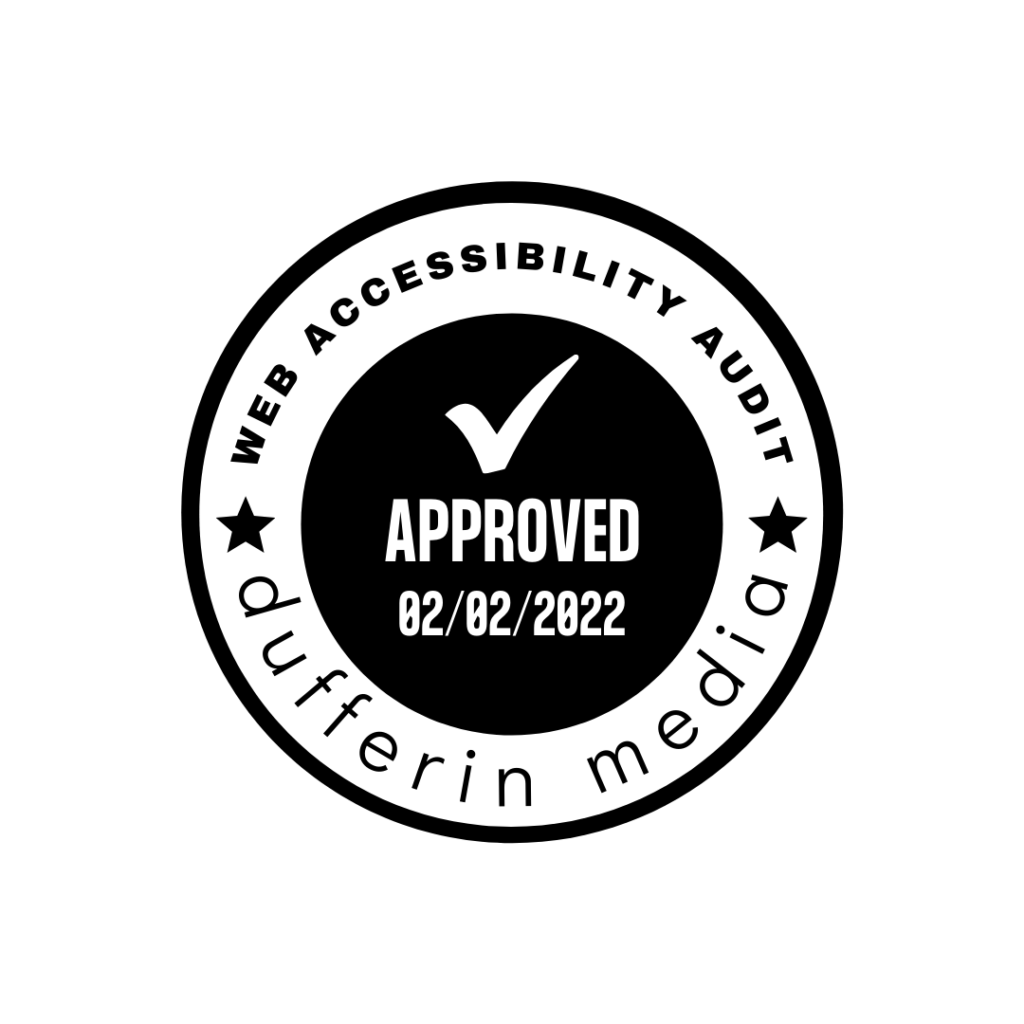Frequently Asked Questions
If you don’t see an answer to your question, please read some of our FAQ questions or feel free to contact us.
Get in TouchFAQ’s
Foote Law believes in accessibility throughout their entire practice, not just by being available to clients to communicate face-to-face, but also by creating a completely accessible website for persons with disabilities.
Access to Foote Law’s team of lawyers and law clerks is assured for all clients through a variety of means including: phone, email, zoom meetings and text messaging – methods that also help to ensure cost-savings through efficient use of time.
Clients who prefer face-to-face meetings, and who cannot access Foote Law’s physical location, will be accommodated at an accessible location. At Foote Law, “we always ensure everyone has access to our services.”
Access to Foote Law’s team of lawyers and law clerks is assured for all clients through a variety of means including: phone, email, zoom meetings and text messaging – methods that also help to ensure cost-savings through efficient use of time.
Clients who prefer face-to-face meetings, and who cannot access Foote Law’s physical location, will be accommodated at an accessible location. At Foote Law, “we always ensure everyone has access to our services.”
Foote Law includes both Lawyers and Law Clerks each of whom serve a variety of important and necessary functions. At all times you may expect to communicate with both lawyers and/or our team of law clerks at various points throughout your process.
After your initial consultation, you will be assigned a Law Clerk to be your primary point of contact.
A clerk helps to reduce costs significantly by completing some of the necessary work behind the scenes. Law Clerks are extremely well versed in legal matters, particularly in procedural concerns and provide our clients with support every step of the way – except in court. They cannot provide legal advice nor attend court as your representative.
If at any time a clerk is unable to assist a client, they will arrange contact with the lawyer, scheduling a call and/or doing whatever is necessary to support the client.
A lawyer’s role is to represent their client’s best interest, whether in or outside of the court. Lawyers will listen and take instruction from the client and provide knowledgeable and fulsome legal advice. Additionally, a lawyer will provide direction to the clerk(s) in order for clerks to provide ongoing assistance to clients.
After your initial consultation, you will be assigned a Law Clerk to be your primary point of contact.
A clerk helps to reduce costs significantly by completing some of the necessary work behind the scenes. Law Clerks are extremely well versed in legal matters, particularly in procedural concerns and provide our clients with support every step of the way – except in court. They cannot provide legal advice nor attend court as your representative.
If at any time a clerk is unable to assist a client, they will arrange contact with the lawyer, scheduling a call and/or doing whatever is necessary to support the client.
A lawyer’s role is to represent their client’s best interest, whether in or outside of the court. Lawyers will listen and take instruction from the client and provide knowledgeable and fulsome legal advice. Additionally, a lawyer will provide direction to the clerk(s) in order for clerks to provide ongoing assistance to clients.
Consultations are based on the lawyer's hourly rate and dependent upon how much time is spent with the client. We pass along savings to clients where possible by:
Basing consultation fees on an hourly rate and on the length of time we spend together.
Accepting Legal Aid Certificates that may help cover a portion of your expenses.
Participating in/ Accepting EAP (Employee Assistance Programs) Certificates – these typically will offer the first half hour of a consultation free and a reduced hourly rate for remaining consultation time and throughout any ensuing legal proceedings. (Applicable upon retention of our services.)
Doing our best “to meet you where you are,” keeping costs affordable as much as possible.
Offering virtual consultation services.
Basing consultation fees on an hourly rate and on the length of time we spend together.
Accepting Legal Aid Certificates that may help cover a portion of your expenses.
Participating in/ Accepting EAP (Employee Assistance Programs) Certificates – these typically will offer the first half hour of a consultation free and a reduced hourly rate for remaining consultation time and throughout any ensuing legal proceedings. (Applicable upon retention of our services.)
Doing our best “to meet you where you are,” keeping costs affordable as much as possible.
Offering virtual consultation services.
Foote Law is compassionate, and we approach each case differently depending on your issues. Every
client is valuable to us, and you are not just a number. We take the time to understand what is going on
in each case and in the client’s lives so that we can understand and represent them to the best of our
abilities. Our firm does everything possible to ensure that each client is at ease and understands all their obligations.
Foote Law is proud to offer services in Orangeville, Dufferin County and surrounding areas including
Brampton, Shelburne, Owen Sound, Alliston, Barrie, Newmarket, Guelph, and all points in between. If
you live in an area that we haven't listed, please contact us to confirm we can serve your area.
The cost of each service is determined by a variety of factors. As a result, determining the cost of the
legal process is difficult until you have a consultation. It will entirely depend on what needs to be done
(court application versus negotiating an agreement), how agreeable/unwilling the other party is, and so
on. Please contact us to discuss your
There are some key considerations that should factor into your decision-making process when it
comes to selecting a family lawyer or legal team to work with. If you are faced with (or anticipating) a
situation that requires the expertise of a family lawyer, you can read our blog post that covers what you
should look for when hiring a Family Lawyer.
Before the court will grant a divorce, you must be legally separated for one year. There are limitations
to having to wait a full year, which can be discussed during your initial consultation. There are additional
factors that will delay the process of obtaining a divorce after a year of separation, depending on the
other issues in your separation. Please contact us to schedule a consultation if you have any questions
about divorce.
If you and/or your children find that you are in an unsafe environment in the matrimonial home,
there are resources for shelter and counselling, available to you. Notwithstanding, and absent a safety
issue, it is not advisable to leave the matrimonial home with or without the children, until an agreement
is in place. This move could jeopardize your position on issues of parenting. All of these issues would be
discussed in detail during a consultation with Foote Law.
The importance of having a will cannot be overstated. It will protect your wishes, ensuring your loved ones are taken care of in the manner that you would like them to be. This is particularly important where young children are concerned. You will want to think carefully about whom you designate as their Legal Guardian and/or Financial Guardian. Without regard to the size of your Estate, a Will ensures that what you own is what will be distributed and to whom. If you have a significant financial legacy, explicit instructions will protect those assets and ensure those whom you feel are most deserving or in need are the recipients. A Will is the protection of your hard work throughout your life. It makes good sense to ensure that your work was not in vain, passed along to someone who is no longer a significant part of your life or to the government.
A Power of Attorney for Personal Care is similar but grievous bodily harm for which you are unlikely to recover is not necessarily the determining factor in invoking a POA. Rather, it is a written document where you designate someone, typically a loved one, to make decisions on your behalf regarding your personal care, hygiene, medical treatment and even housing. A power of attorney for personal care may be used, as an example, in the case of a patient with dementia who is no longer able to provide their own care and/or who is a danger to themself or others.
A cohabitation agreement is a document that outlines the rights and responsibilities of unmarried couples who live together. The agreement can address financial matters, property ownership, and other issues. Couples may choose to create a cohabitation agreement before they move in together or after they have already been living together for some time.
While a cohabitation agreement is not required by law in Ontario, it can help protect each person's interests should the relationship end. You may not “need a piece of paper” to signify your commitment to one another but without a cohabitation agreement, your rights are at risk. We help you know your rights and to protect your assets. Cohabitation Agreements may be used to help determine rights to receive or pay support, to share in the value of assets accumulated over the course of your relationship and more.
A separation agreement is a binding contract between spouses that outlines the terms of their separation. The agreement can cover issues such as property division, child custody, and spousal support. A separation agreement can help couples avoid going to court if they decide to divorce.
Ontario law does not require separating couples to sign a separation agreement. However, many couples choose to do so to formalize the terms of their separation. A separation agreement can cover a wide range of topics, including child custody and support, spousal support, division of property, and debt liability. Separation agreements are particularly useful when separating couples have children together, as they can help to establish a parenting plan that outlines each parent's roles and responsibilities. Separation agreements can also help to prevent future disputes by setting out clear expectations and rules for the separated couple.


